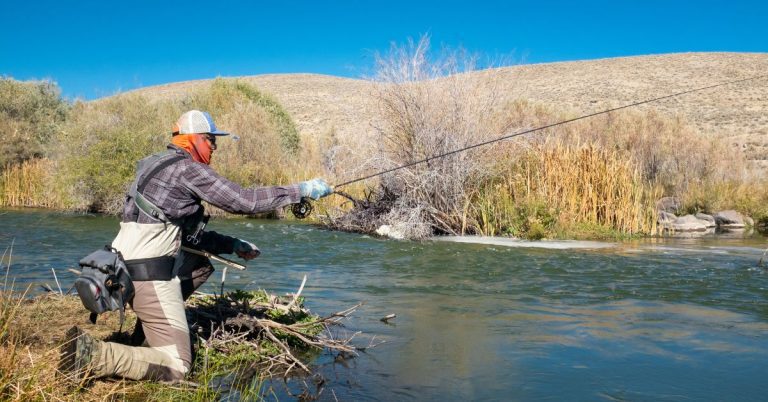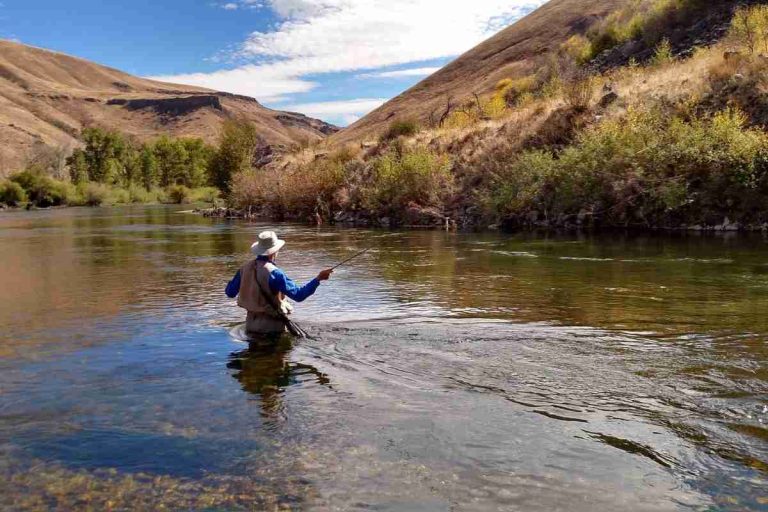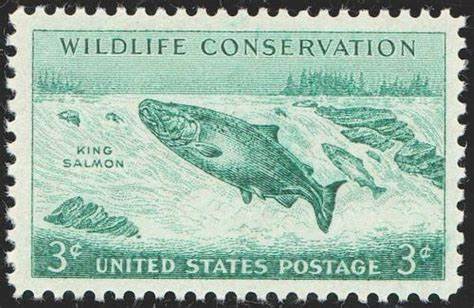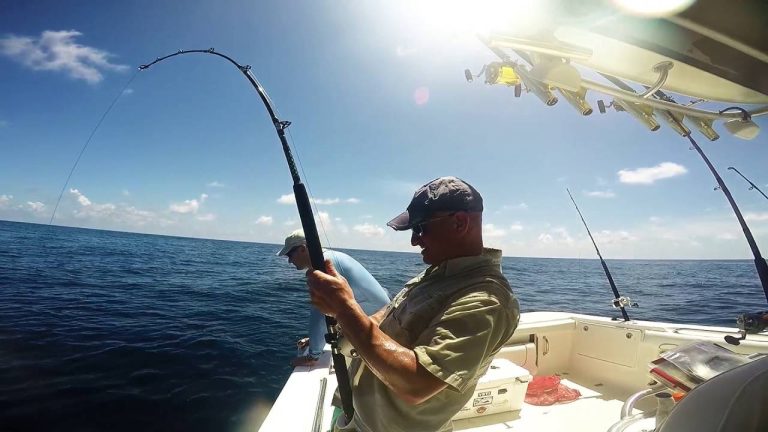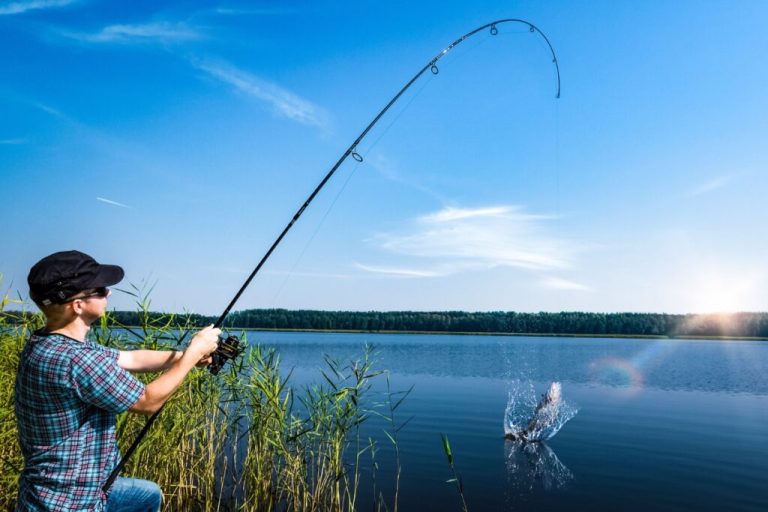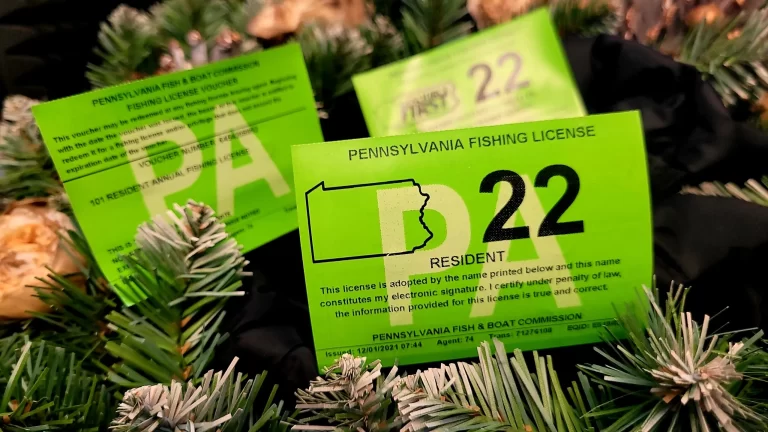Are you an avid angler eager to explore the abundant waters of Alabama? Before you cast your line, it’s crucial to familiarize yourself with the Alabama fishing regulations for 2024. Understanding and following these rules not only ensures a legal and enjoyable fishing experience but also helps protect and conserve the state’s diverse aquatic resources for generations to come.
In this comprehensive guide, we’ll walk you through everything you need to know about Alabama fishing regulations, including:
- Licensing requirements
- Size and creel limits
- Seasons and special regulations for specific waters
- Legal fishing methods and gear
- Catch and release best practices
By the end of this article, you’ll be well-equipped to plan your fishing adventures in Alabama while contributing to the long-term sustainability of the state’s fisheries.
Who Needs an Alabama Fishing License?
Before you start fishing in Alabama, it’s essential to obtain the proper fishing license. In general, anyone 16 years or older must have a valid fishing license to fish in public waters. However, there are a few exceptions:
- Alabama residents 65 years or older are exempt from needing a fishing license.
- Children under the age of 16 can fish without a license.
- Residents who meet certain disability requirements may be eligible for a free fishing license.
Even if you fall under one of these exceptions, it’s important to note that you must still adhere to all other fishing regulations, such as size and creel limits.
Types of Alabama Fishing Licenses
Alabama offers several types of fishing licenses to cater to the needs of different anglers:
- Annual Freshwater Fishing License: This license allows you to fish in all public freshwater areas throughout the year.
- Annual Saltwater Fishing License: If you plan on fishing in saltwater areas, you’ll need this license.
- Annual Combination Freshwater and Saltwater License: For anglers who enjoy both freshwater and saltwater fishing, this license has you covered.
- Short-term Licenses: If you’re visiting Alabama or only plan to fish for a short period, you can choose from 1-day, 3-day, or 7-day options for both freshwater and saltwater fishing.
- Lifetime Licenses: Alabama residents can invest in a lifetime fishing license, with different age categories available.
Where to Purchase an Alabama Fishing License
Obtaining your Alabama fishing license is a simple process, with several convenient options available:
- Online: Visit the official Outdoor Alabama website to purchase your license online.
- By Phone: Call 1-888-848-6887 to buy your license over the phone.
- In-Person: Stop by a licensed agent, such as sporting goods stores, bait and tackle shops, or certain county probate offices to get your license in person.
Remember to always carry your fishing license with you, either in paper or digital form, as conservation officers may request to see it while you’re fishing.
Statewide Fishing Regulations
Size and Creel Limits
To maintain healthy fish populations, Alabama enforces size and creel limits for various species. These regulations specify the minimum length a fish must be to keep and the maximum number of fish an angler can harvest per day.
Here are some notable statewide size and creel limits:
- Black Bass (largemouth, smallmouth, spotted, etc.): 10 fish combined daily creel limit, no more than 5 smallmouth bass
- Crappie: 30 fish daily creel limit, minimum 9-inch size limit (with some exceptions)
- Catfish: No size limit for catfish under 34 inches, 1 fish daily creel limit for catfish over 34 inches
- Striped Bass and Hybrids: 15 fish daily creel limit, no more than 5 fish over 22 inches
It’s crucial to check the current regulations before fishing, as these limits may change and can vary by water body.
Seasons
One of the great things about fishing in Alabama is that most species can be fished year-round. However, there are a few exceptions to be aware of:
- Alligator Gar: Closed season statewide
- Sturgeon: Closed season statewide, must be immediately released if caught
- Paddlefish: Closed season statewide, must be immediately released if caught
Additionally, certain waters may have specific seasonal closures or restrictions, so it’s essential to review the special regulations for the area you plan to fish.
Special Regulations for Specific Waters
Alabama boasts numerous lakes, rivers, and reservoirs, each with its own unique characteristics and fish populations. To manage these resources effectively, the state has implemented special regulations for specific waters that may differ from the statewide rules.
Here are a few notable examples:
Lake Martin
- It is illegal to possess more than 2 striped bass, white bass, or hybrid bass over 16 inches in total length per day.
Weiss Reservoir
- Crappie: 10-inch minimum size limit
- Waters exempt from the statewide 9-inch crappie limit
Chattahoochee River and Its Impoundments
- Crappie: No minimum size limit
- Reciprocal waters exempt from the statewide 9-inch crappie limit
Before fishing in any specific water body, consult the Alabama Department of Conservation and Natural Resources website or the annual fishing regulations guide for the most up-to-date special regulations.
Legal Fishing Methods and Gear
Alabama allows a variety of fishing methods and gear, but it’s important to be aware of the restrictions and limitations for each:
Rod and Reel
Rod and reel fishing is the most common method and is allowed statewide with no restrictions on the number of rods per angler.
Trotlines, Setlines, and Limblines
These fishing methods are permitted with some limitations:
- Trotlines must be marked with the angler’s name and address or fishing license number
- No more than 100 hooks per person on trotlines, setlines, or limblines combined
- Trotlines must be submerged at least 3 feet below the surface
- Limblines are limited to 25 per person and must be labeled with the angler’s information
Cast Nets and Seines
Cast nets and seines may be used to catch non-game fish and baitfish, with the following restrictions:
- Maximum seine dimensions: 25 feet long, 4 feet deep
- Game fish caught must be immediately released unharmed
- Use in specific waters may be prohibited or limited
Spearfishing and Bowfishing
Spearfishing and bowfishing are allowed for non-game fish, such as carp and buffalo, with some exceptions:
- Spearfishing is prohibited in certain areas, such as near dams and bridges
- Bowfishing is permitted for catfish and certain rough fish, like gars and bowfin
Always consult the current regulations for specific gear restrictions and approved fishing methods for the waters you plan to fish.
Catch and Release Best Practices
Practicing proper catch and release techniques is essential for the survival of released fish and the health of fish populations. When releasing a fish, follow these guidelines:
- Use barbless hooks or crimp down barbs to minimize damage
- Land the fish quickly to reduce stress and exhaustion
- Keep the fish in the water as much as possible
- Handle the fish gently with wet hands or gloves
- Remove the hook carefully, using pliers or a dehooker if needed
- If the fish is deeply hooked, cut the line close to the hook and release the fish
- Revive the fish by holding it upright in the water, gently moving it back and forth until it swims away on its own
By following these best practices, anglers can help ensure the long-term sustainability of Alabama’s fisheries.
Conclusion
Understanding and adhering to Alabama fishing regulations is essential for all anglers, whether you’re a seasoned pro or a first-time visitor. By following these rules, you not only ensure a legal and enjoyable fishing experience but also contribute to the conservation of Alabama’s diverse and valuable aquatic resources.
Before embarking on your next fishing adventure in the Yellowhammer State, take the time to review the current regulations, obtain the necessary licenses, and familiarize yourself with any special rules for the specific waters you plan to fish. By doing so, you’ll be well-prepared to enjoy the fantastic fishing opportunities Alabama has to offer while helping to preserve this cherished outdoor tradition for generations to come.
Ready to get your Alabama fishing license and hit the water? Visit usfishinglicenses.com today to purchase your license online and access additional resources to make the most of your Alabama fishing experience!
Can I fish in Alabama without a license?
Only anglers under 16 years old and Alabama residents 65 years or older can fish without a license. All other anglers must have a valid Alabama fishing license.
Are there any free fishing days in Alabama?
No, Alabama does not offer free fishing days. A valid fishing license is required year-round, with some exceptions based on age and residency.
Can I keep fish caught in Alabama?
Yes, you can keep fish caught in Alabama, provided they meet the minimum size requirements and you don’t exceed the daily creel limits for each species.
What happens if I violate Alabama fishing regulations?
Violating fishing regulations can result in fines, the loss of fishing privileges, and even legal charges in severe cases. It’s crucial to familiarize yourself with and follow all applicable regulations.
